Manchester carnival: Serious concerns over event's finances
- Published
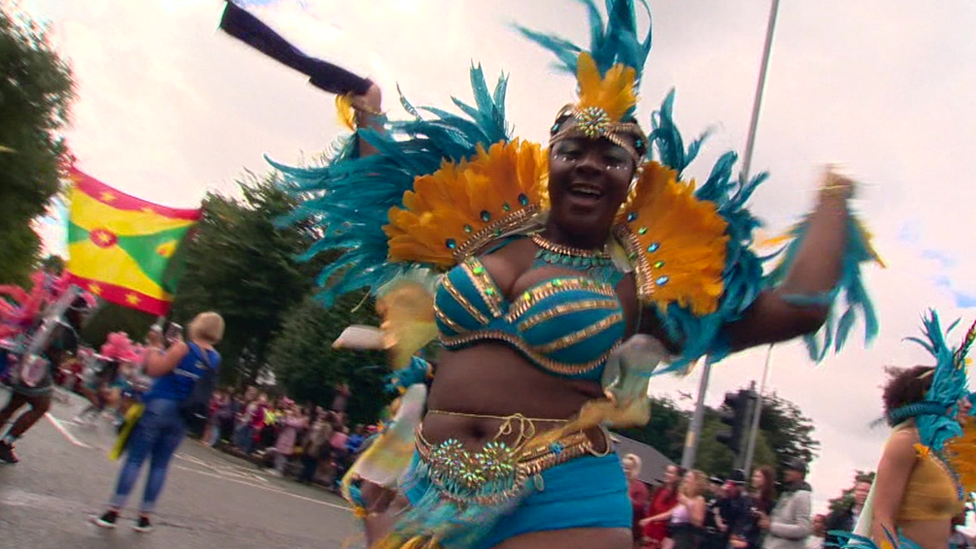
The Caribbean Carnival of Manchester attracts tens of thousands of people every year
Serious concerns were raised over the finances of one of the UK's leading carnivals, the BBC has discovered.
A former accountant who worked for Manchester's Caribbean Carnival refused to sign off the books, which he described as a "cowboy job".
The city council also recently warned the annual festival did not have the "expected measures" in place to "ensure that money is properly accounted for".
Carnival chairman Mickey Bisson said changes were being made as a result.
The BBC investigation also found:
Artists and contractors allege they were not paid by the carnival's organisers.
A former carnival committee secretary alleged the organisation rarely produced invoices, purchase orders or written artist contracts.
There was a sharp fall in public funding and private sponsorship.
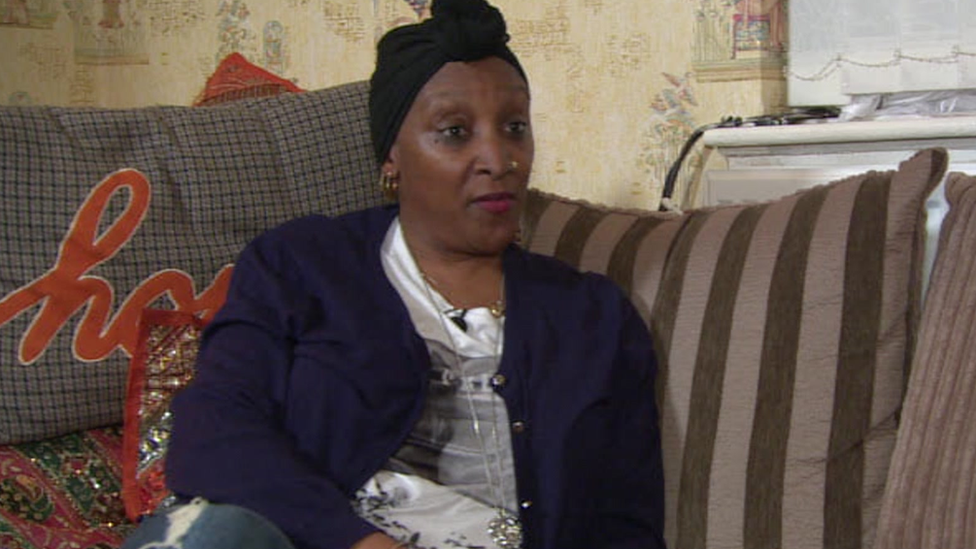
Former carnival committee secretary Karen Cummings is now part of a rival group hoping to take over the running of the event
In 2013, the Arts Council stopped donating tens of thousands of pounds a year in direct funding for the carnival, citing "serious concerns regarding artistic quality", including that "photo evidence demonstrates persistent recycling of costumes".
During the same year, concerns over the carnival's accounts were raised internally by Aatif Rehman, an accountant who was asked to sign off the books.
Mr Rehman told the BBC he refused to do so due to a lack of documentation, describing the organisation's book-keeping as "a cowboy job".
Karen Cummings, the carnival's committee secretary in 2013, said the organisation rarely produced or kept invoices, purchase orders or artist contracts.
Mr Bisson declined to respond to Mr Rehman's allegation and said he "disagreed" with Ms Cummings' account.
Ms Cummings subsequently left the organisation and is now part of a rival group bidding to run this August's event.

Manchester's Caribbean Carnival
The Caribbean Carnival of Manchester began in 1972 as an impromptu parade set up by members of the Windrush generation.
It has since grown to become a major part of the city's cultural calendar, attracting about 30,000 people.
The carnival's roots can be traced back to the Abolition of Slavery Act in 1833 when the first such festival was held in Trinidad.
In that first carnival, black Caribbeans took to the streets to mark the occasion with song, dance and costumes.

Several artists and contractors who have worked for the carnival in recent years have also alleged that they have not been paid.
Max Croasdale, who provided a sound system and DJs in 2017, said every time he had seen Mr Bisson "he tries to fob me off".
Security firm Safeguard Security told the BBC it was still waiting for nearly £6,000 in payment for services provided the same year.
Mr Bisson said responsibility for both payments lay with other contractors.
Income generated by the Moss Side-based carnival has fallen in recent years.
BBC analysis of the carnival's accounts suggests its income dropped from £109,000 in 2010 to £84,365 in 2017.
Private sponsorship also fell over the same period, from £44,500 to £6,000.
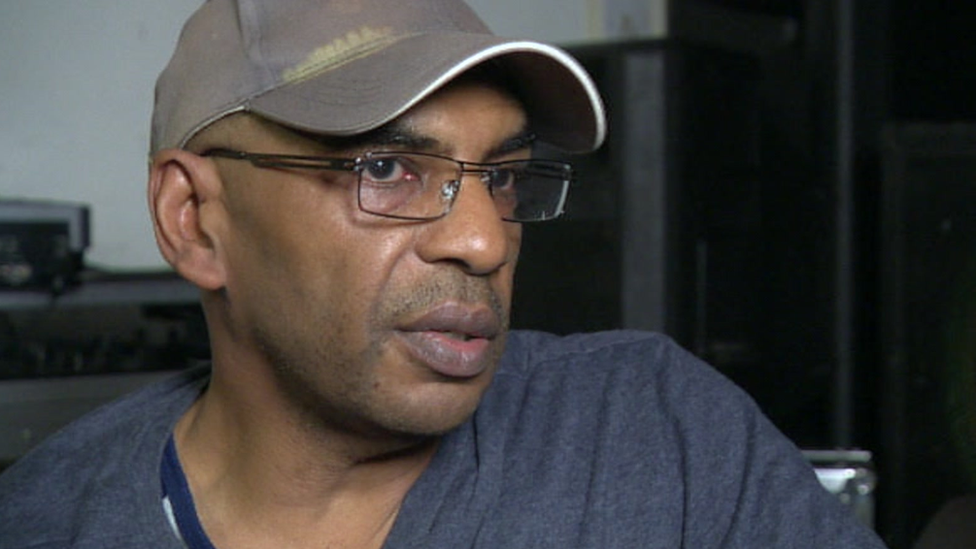
Max Croasdale says he is still chasing payment for providing a sound system and DJs in 2017
The BBC investigation also found the carnival's website advertises trading plots for at least £500.
There were 127 stalls at the park in 2017, suggesting a potential income of £63,500.
The carnival declared £28,345 in its accounts.
Mr Bisson said this was because some stallholders were allowed in for free while others received a discount.
The fall in the carnival's funding was due to circumstances outside its control, Mr Bisson said, such as austerity and a "sluggish economy".
Changes demanded
In 2018, a Manchester City Council report raised concerns over an apparent lack of measures to ensure money was properly accounted for by carnival organisers.
While it found "no evidence of theft or misappropriation of monies based on the limited information available to us", several changes were demanded.
The council's executive member for culture, Luthfur Rahman, said: "I think there's got to be a mechanism for them to be able to account for how they conduct their transactions, they've got to be clearly presented in the accounts."
Mr Bisson said his organisation had already "completed some of the tasks" in the council's report and was "continuing to make the changes asked for".
Watch the full story on BBC Inside Out North West on BBC One at 19:30 GMT on Monday 4 February and for 28 days afterwards on the BBC iPlayer.
- Published11 September 2018
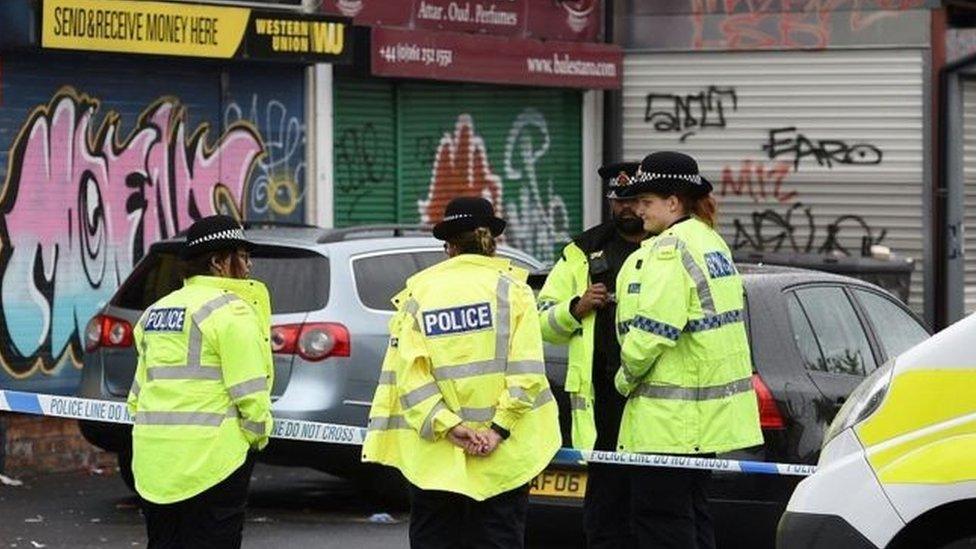
- Published13 August 2018
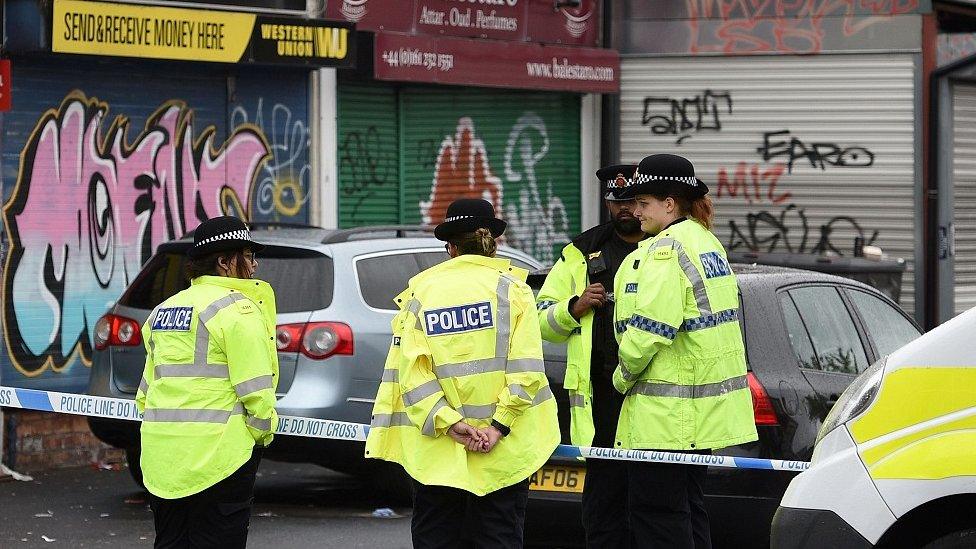
- Published14 August 2010